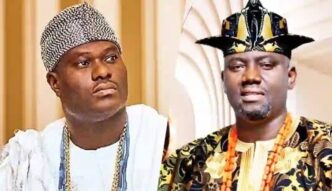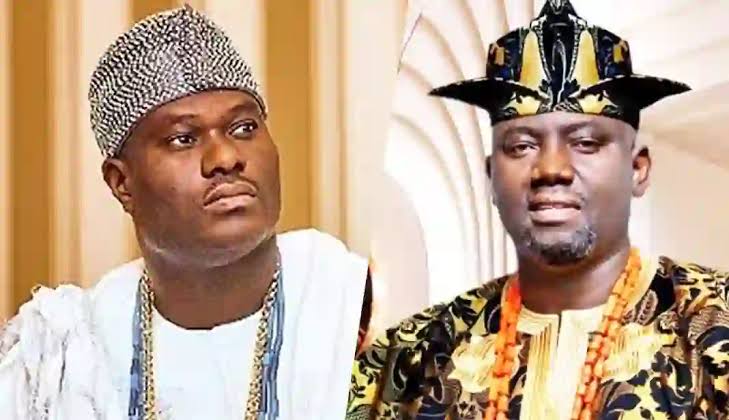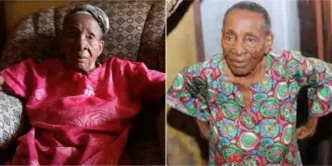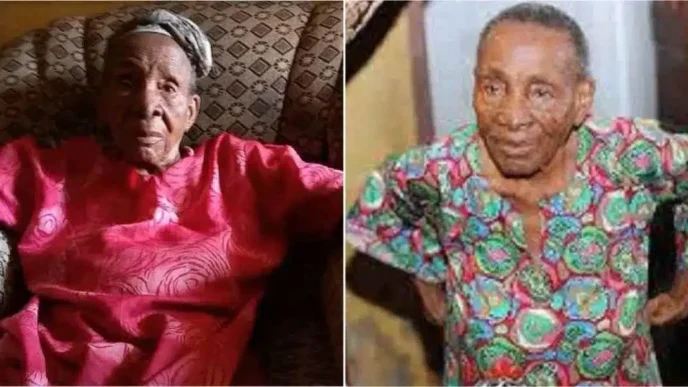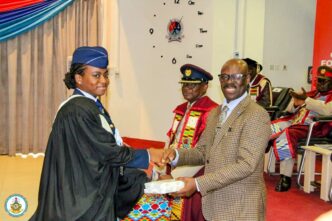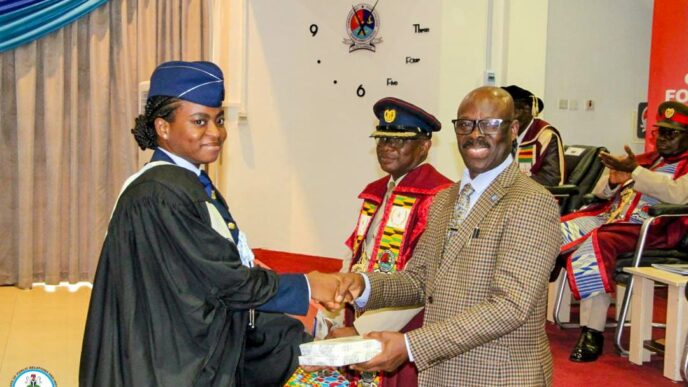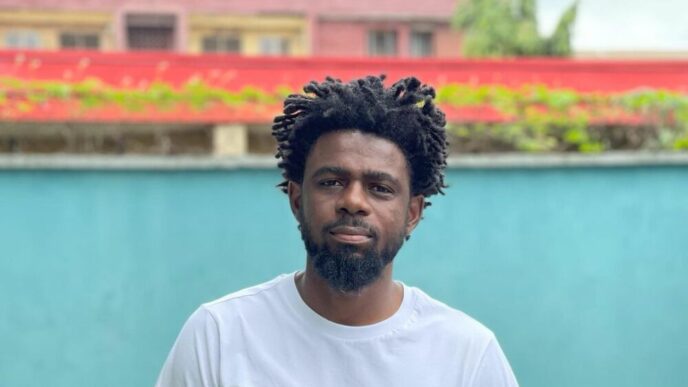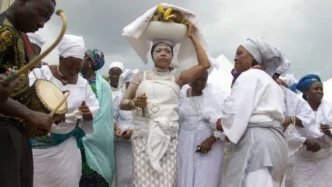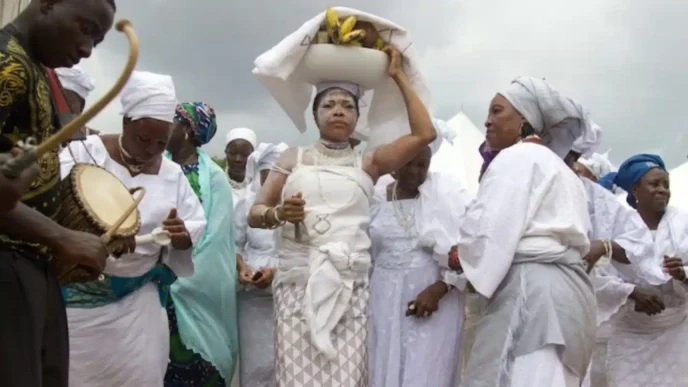The enduring debate over who holds the ultimate authority among Yoruba monarchs the Ooni of Ife or the Alaafin of Oyo has captivated historians, cultural enthusiasts, and the Yoruba people alike.
This discourse delves into the historical, spiritual, and political dimensions that define the supremacy between these two revered thrones.
Ile-Ife: The Spiritual Cradle of the Yoruba
Ile-Ife is universally acknowledged as the ancestral home of the Yoruba people.
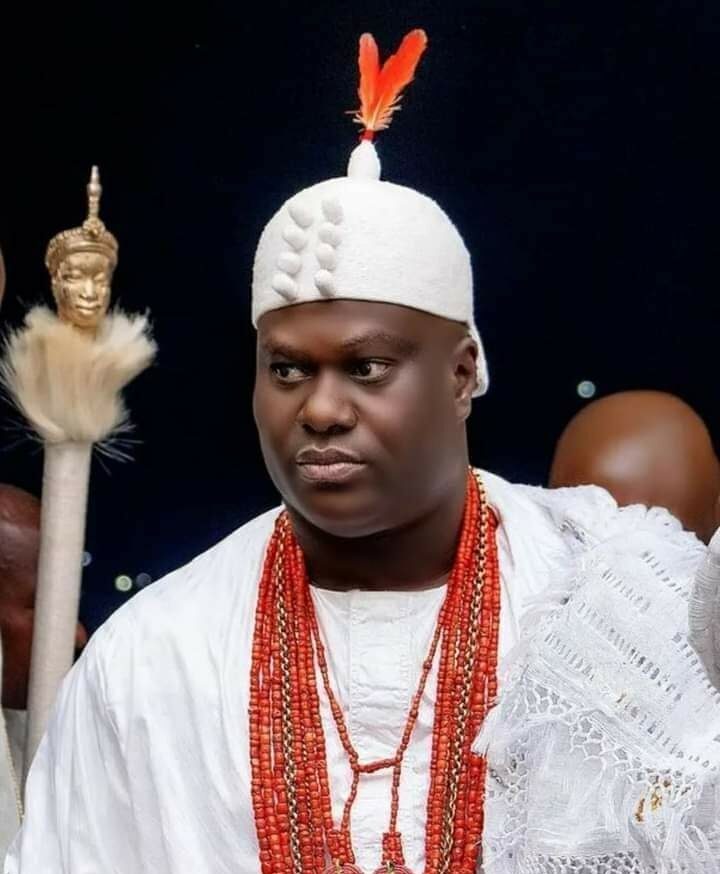
According to Yoruba mythology, it is the birthplace of Oduduwa, the progenitor of the Yoruba race. The Ooni of Ife is regarded as the direct successor of Oduduwa, embodying the spiritual leadership of the Yoruba nation.
Historical accounts and traditional beliefs position the Ooni as the custodian of Yoruba spirituality and culture. The city of Ife is considered sacred, with the Ooni serving as the spiritual head, a role that transcends political boundaries and emphasizes cultural unity.
The Rise and Political Might of the Oyo Empires
Contrasting the spiritual significance of Ile-Ife, the Oyo Empire emerged as a formidable political and military force between the 17th and 19th centuries. The Alaafin of Oyo wielded considerable influence, overseeing an expansive empire that extended beyond Yoruba territories.
The Oyo Empire’s sophisticated administrative and military systems allowed it to exert control over various Yoruba kingdoms, including, at times, Ile-Ife.
The Alaafin’s role as a political leader was solidified through these structures, distinguishing his authority from the spiritual leadership of the Ooni.
Historical Tensions and Shifting Dynamics
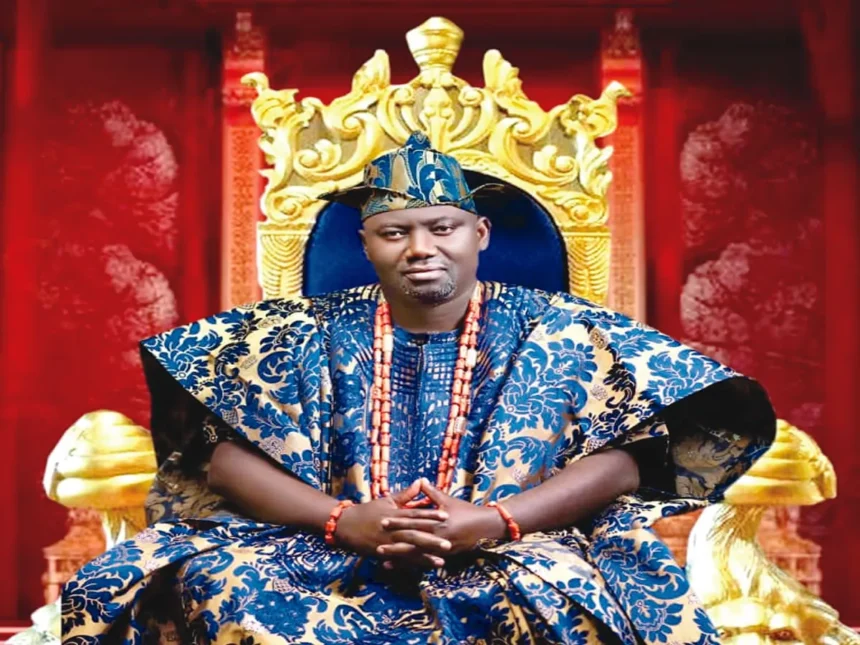
The interplay between the spiritual authority of the Ooni and the political dominance of the Alaafin has historically led to periods of both cooperation and conflict.
While the Ooni maintained spiritual primacy, the Alaafin’s political reach often challenged this status, leading to complex power dynamics within the Yoruba traditional hierarchy.
Colonial and post-colonial eras further influenced these dynamics. The British colonial administration’s policies and the subsequent creation of new states altered traditional power structures, affecting the roles and recognition of both monarchs.
Modern-Day Manifestations and Symbolic Gestures
In recent times, symbolic acts have reignited discussions about the supremacy between the Ooni and the Alaafin. A notable incident involved the Alaafin remaining seated while greeting the Ooni during a public event, sparking nationwide debate about respect and hierarchy among Yoruba monarchs.
Despite such incidents, efforts have been made to foster unity. The Ooni of Ife, Oba Adeyeye Enitan Ogunwusi, has emphasized collaboration over competition, stating, “There is nothing like supremacy; it is only God that is supreme.” Similarly, the Alaafin of Oyo, Oba Lamidi Adeyemi, has expressed a willingness to work together, highlighting the importance of unity among Yoruba leaders.
Public Perception and the Quest for Unity
The debate over who holds greater authority the Ooni or the Alaafin continues to resonate among the Yoruba people. While the Ooni is revered for his spiritual leadership and cultural significance, the Alaafin is respected for his historical political power and administrative acumen.
This ongoing discourse reflects the rich tapestry of Yoruba history and the evolving nature of traditional leadership. As both monarchs navigate contemporary challenges, their collaboration and mutual respect remain crucial for the unity and progress of the Yoruba nation.
Conclusion
The Ooni of Ife and the Alaafin of Oyo each embody distinct yet complementary aspects of Yoruba leadership. The Ooni’s spiritual stewardship and the Alaafin’s political legacy together form a dual heritage that continues to shape Yoruba identity.
While debates over supremacy may persist, the focus on unity and shared cultural values offers a path forward. In embracing both spiritual and political leadership, the Yoruba people honor a comprehensive legacy that transcends individual titles.
Which throne do you think holds more significance in the Yoruba tradition, the spiritual seat of the Ooni or the political legacy of the Alaafin? Share your thoughts and join the conversation.
